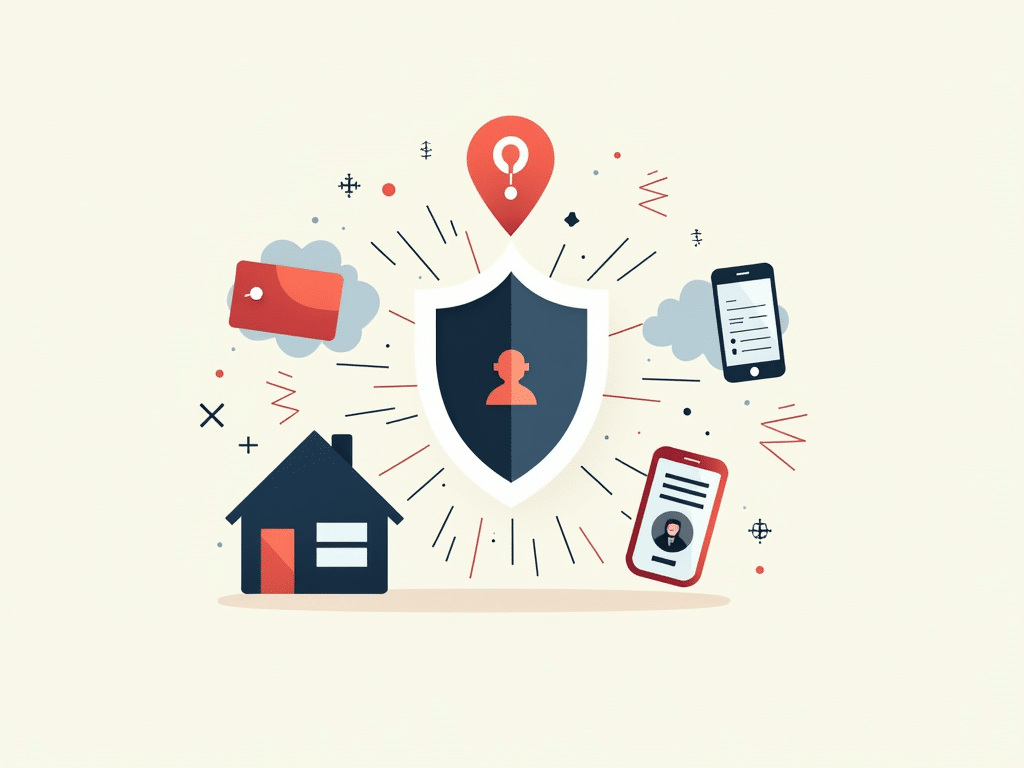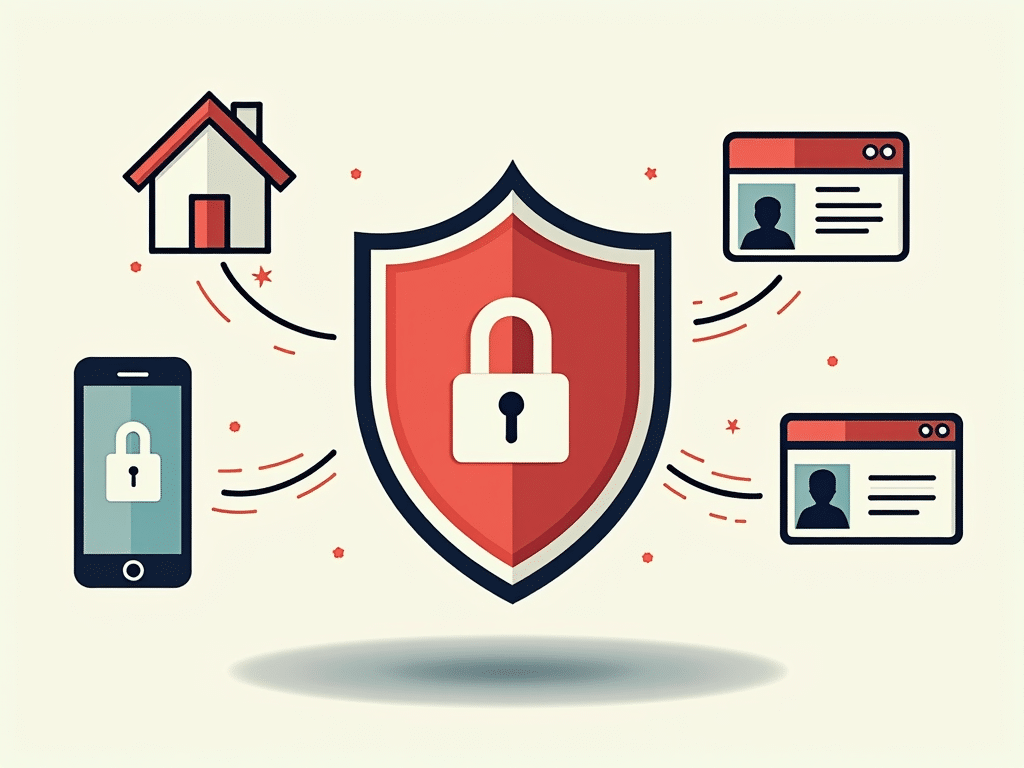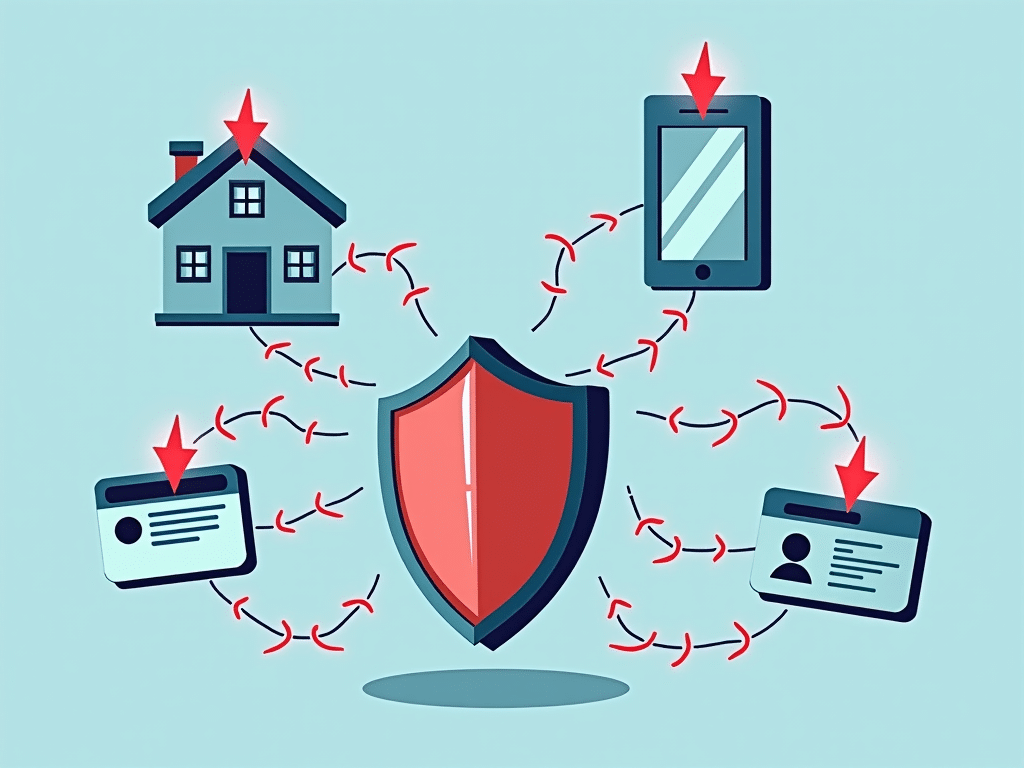Hey there, internet explorers! 🕵️♀️ Today, we’re diving into a topic that’s been making waves in the digital world: doxxing. It’s a practice that’s been around since the early days of the internet, but with the rise of social media, it’s become a bigger concern than ever before. So, what exactly is doxxing, and why should you care? Let’s break it down!
| Key Takeaways | Description |
|---|---|
| Definition | Publicly revealing someone’s private information online |
| Methods | Social media scraping, public records, hacking, online research, phishing |
| Consequences | Emotional distress, physical threats, reputational damage, job loss |
| Significance | Raises questions about privacy, safety, and the dangers of information sharing |

What is Doxxing?
Alright, let’s start with the basics. Doxxing refers to the practice of publicly revealing previously private personal information about individuals, particularly on the internet, as a form of retaliation, harassment, or exposure. This can include details like:
- Real names
- Addresses
- Phone numbers
- Other sensitive information
When someone gets doxxed, their private info is put on blast for the whole world to see. And trust me, it’s not a fun experience. 😰
Why Does Doxxing Matter?
Now, you might be thinking, “Okay, but why should I care about some random people getting their info leaked?” Well, my friend, doxxing is a big deal because it raises some serious questions about privacy, safety, and the potential dangers of information sharing in the digital age.
Think about it: we live in a world where social media is king. We share our lives online, connecting with friends, family, and even strangers. But all that connectivity comes with a price. The more we put out there, the easier it is for someone to dig up our personal info and use it against us.
Doxxing can lead to some pretty scary stuff, like:
- Harassment
- Stalking
- Personal harm
It’s not just about feeling exposed online – it can have real-world consequences that affect your safety and well-being.
Also read: Phrogging
The Origins of Doxxing
So, where did this whole doxxing thing come from, anyway? Let’s take a quick trip down memory lane. 🕰️
The term “doxxing” is believed to have originated from the phrase “dropping docs,” which refers to the act of revealing someone’s personal documents online. It first started popping up in hacker circles in the late 1990s and early 2000s, where groups would expose the identities of their targets as a form of revenge or retaliation.
But it wasn’t until social media and instant sharing forums came on the scene that doxxing really blew up. Suddenly, anyone with an internet connection could dig up someone’s personal info and blast it to the world with just a few clicks. 🖱️
How Doxxing Works

Alright, let’s talk tactics. How do doxxers actually get their hands on people’s private info? There are a few common methods:
- Social Media Scraping: Collecting data from profiles, posts, and interactions on platforms like Facebook, Twitter, and Instagram.
- Public Records: Accessing public databases that contain information like home addresses, phone numbers, and court records.
- Hacking: Gaining unauthorized access to private emails, documents, or databases to find sensitive information.
- Online Research: Conducting targeted searches to piece together information from various sources, including forums, blogs, and news articles.
- Phishing: Tricking individuals into providing personal information via deceptive emails or messages.
These methods allow doxxers to compile detailed profiles of their victims, often resulting in severe consequences for those targeted.
Also read: Funny WiFi Names
The Consequences of Doxxing
Speaking of consequences, let’s dive into what can happen when someone gets doxxed. And spoiler alert: it’s not pretty. 😔
For the victims, doxxing can lead to:
- Emotional Distress: Anxiety, fear, and depression when their private information is exposed.
- Physical Threats: Stalking or harassment in real life.
- Reputational Damage: A damaged reputation that affects their personal and professional life.
- Job Loss: Termination from jobs or being blacklisted in their field.
But it’s not just the victims who can face consequences. Doxxers themselves can also get into some serious trouble, like:
- Legal Consequences: Depending on the jurisdiction, doxxing could lead to criminal charges, fines, or civil lawsuits.
- Backlash: Social backlash, including being doxxed themselves by outraged friends or supporters of the victim.
It’s a high-stakes game, and the consequences can be devastating for everyone involved.
The Consequences of Doxxing: When Personal Info Goes Public

Alright, let’s talk about the fallout of doxxing. When someone’s private info gets blasted online, it can lead to some seriously scary situations. We’re talking:
- Harassment: Endless phone calls, emails, and messages from strangers.
- Threats: People showing up at your home or work, or threatening violence online.
- Reputation Damage: Personal details spread across the internet, affecting future opportunities.
- Emotional Distress: The anxiety and fear that comes with feeling exposed and vulnerable.
It’s not just the initial doxxing that causes problems – it’s the ripple effect. Once that info is out there, it’s nearly impossible to put the genie back in the bottle. 🧞♂️
I remember a story about a woman who was doxxed after a video of her went viral. She received death threats, had to move homes, and lost her job. All because someone decided to share her personal info online. It’s a sobering reminder of how serious this can be.
Protecting Yourself: Tips to Avoid Being Doxxed
So, how can you protect yourself from doxxing? While there’s no foolproof solution, there are steps you can take to minimize your risk:
- Keep personal info private: Avoid sharing sensitive details like your address or phone number online.
- Use strong, unique passwords: Prevent hackers from accessing your accounts by using complex passwords and two-factor authentication.
- Be cautious on social media: Review your privacy settings and be mindful of what you post.
- Use a VPN: A virtual private network can help mask your IP address and location.
- Google yourself: See what info about you is already out there, and try to remove anything sensitive.
Remember, the internet is forever. Think twice before posting something you wouldn’t want your grandma to see. 👵
The Ethics of Doxxing: A Complex Debate
Now, here’s where things get tricky. Is doxxing ever justified? Some argue that it can be a form of accountability, like exposing a public figure’s wrongdoing. Others say it’s a dangerous violation of privacy that does more harm than good.
Honestly, it’s a complex issue without easy answers. While I personally believe that doxxing is unethical in most cases, I can understand the arguments on both sides.
What I do know is this: the internet can be a powerful tool for good, but it can also be weaponized to cause real harm. It’s up to all of us to use it responsibly and with empathy for others.
The Future of Doxxing: Where Do We Go From Here?
As our lives become increasingly digital, the threat of doxxing isn’t going away anytime soon. But there are some potential developments on the horizon:
- Stronger laws and regulations: Some countries are considering legislation to criminalize doxxing and protect online privacy.
- Improved platform policies: Social media sites may implement stricter rules around sharing personal info.
- Education and awareness: Teaching people about online safety and the consequences of doxxing could help prevent future incidents.
Ultimately, combating doxxing will require a collective effort from individuals, platforms, and policymakers alike. It’s not an easy problem to solve, but it’s one we can’t afford to ignore.
The Bottom Line: Think Before You Post
At the end of the day, the power to prevent doxxing starts with each of us. Before you hit “send” on that post or comment, ask yourself:
- Is this information really necessary to share?
- Could this potentially harm someone if it got into the wrong hands?
- Would I want my own personal details shared in this way?
A little empathy and forethought can go a long way in making the internet a safer, kinder place for everyone.
So, let’s recap:
- Doxxing can have serious, long-lasting consequences for victims.
- There are steps you can take to protect your personal info online.
- The ethics of doxxing are complex, but it’s generally considered a harmful practice.
- Combating doxxing will require efforts from individuals, platforms, and policymakers.
Stay safe out there, folks. 🙌







